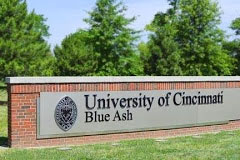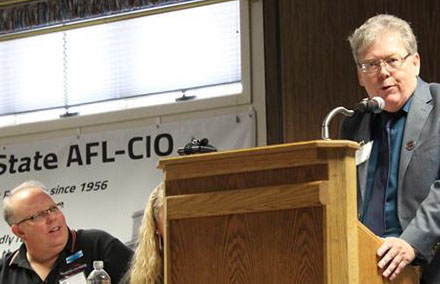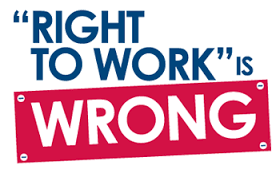The following update is from the Ohio Conference AAUP:
On February 7, House Bill 49, the state budget bill, was released in full. It contained all of the components that we reported to you in our last e-mail. But it also included language about tenure that was not highlighted in the governor’s summary documents. Here is what it says:
(C)(1) The board of trustees of each state institution of higher education shall review the institution’s policy on faculty tenure and update that policy to promote excellence in instruction, research, service, and commercialization.
(2) Beginning on January 1, 2018, as a condition for a state institution of higher education to receive state funds for research that are allocated to the department of higher education under the appropriation line items referred to as either “research incentive third frontier fund” or “research incentive third frontier-tax,” the chancellor shall require the state institution to include a commercialization pathway for faculty tenure in its policy.
This language is ambiguous and appears to ask boards of trustees to do something that they already have the authority to do. The subtext of this seems to be that current tenure policies are not promoting faculty excellence.
Some institutions of higher education around the country have added commercialization as a criterion for achieving tenure. It appears that the governor wants faculty to focus more on inventions and other things that can be commercialized without it inhibiting the ability to earn tenure.
At minimum, this language would require institutions to revise their tenure policies to include provisions about commercialization. This likely would impact institutional governance documents and collective bargaining agreements.
This is just the starting point in the budget bill. We are in the midst of talking to legislators and getting a better sense of what they hope to achieve with this language. Certainly, there are legislators who would like to do away with tenure and have all faculty be at-will employees. We are working to educate lawmakers on the importance and benefits of tenure.




